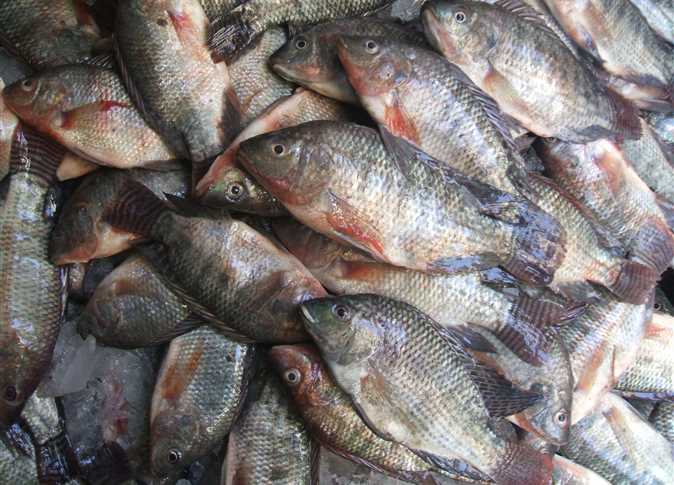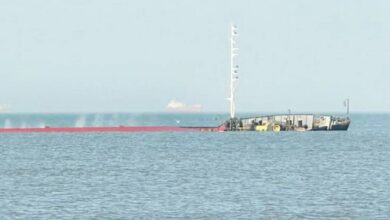
Following a three-year halt to fish exports to the European Union, the first shipment of Egyptian fish has arrived in EU countries, destined for Italy, meeting all requirements and accompanied by a certificate of compliance issued by the National Food Safety Authority.
This was announced by Tarek El-Hoby, Chairman of the Authority, who confirmed that the General Administration for Fish and Aquatic Animal Products Control conducted approximately 14 regulatory visits to fishing vessels, fish factories, fish suppliers, export companies, and processing units, and renewed the registration of 6 fish factories.
Mohamed Saad, Chairman of the Port Said Chamber of Commerce, explained to Al-Ahram newspaper that the resumption of fish exports to the European Union is a positive step that will increase food exports and restore confidence in Egyptian products after a halt of more than three years. He pointed out that Egypt ranks first in Africa and third globally in tilapia production, and sixth globally in total fish production, with the fish sector contributing about 14 percent of the net national agricultural income.
Mohamed Saad indicated that the resumption of exports does not affect the needs of the local market at all, noting that the European Union’s culture is to import only two or three types of fish, namely sea bream, grouper, and sea bass, and these types are in great abundance.
The Chairman of the Port Said Chamber of Commerce said that the volume of fish production in Egypt reaches about “two million tons” annually, including natural fisheries with a production rate of “400 thousand tons,” representing 20 percent, while aquaculture reaches a production volume of about “1.60 million tons.”
He pointed out that the Egyptian state is working to achieve a strategy for developing fish resources through expansion in aquaculture projects and the development of Egyptian lakes as a serious step in bridging the gap between supply and demand in the local market, which positively affects the support of the Egyptian economy and increases the supply of fish, contributing to lower prices and eventually exporting the surplus, according to the latest technologies and international standards.
He said that the concerned authorities continue to intensify internal control over fish markets to prevent price gouging and regulate prices.




